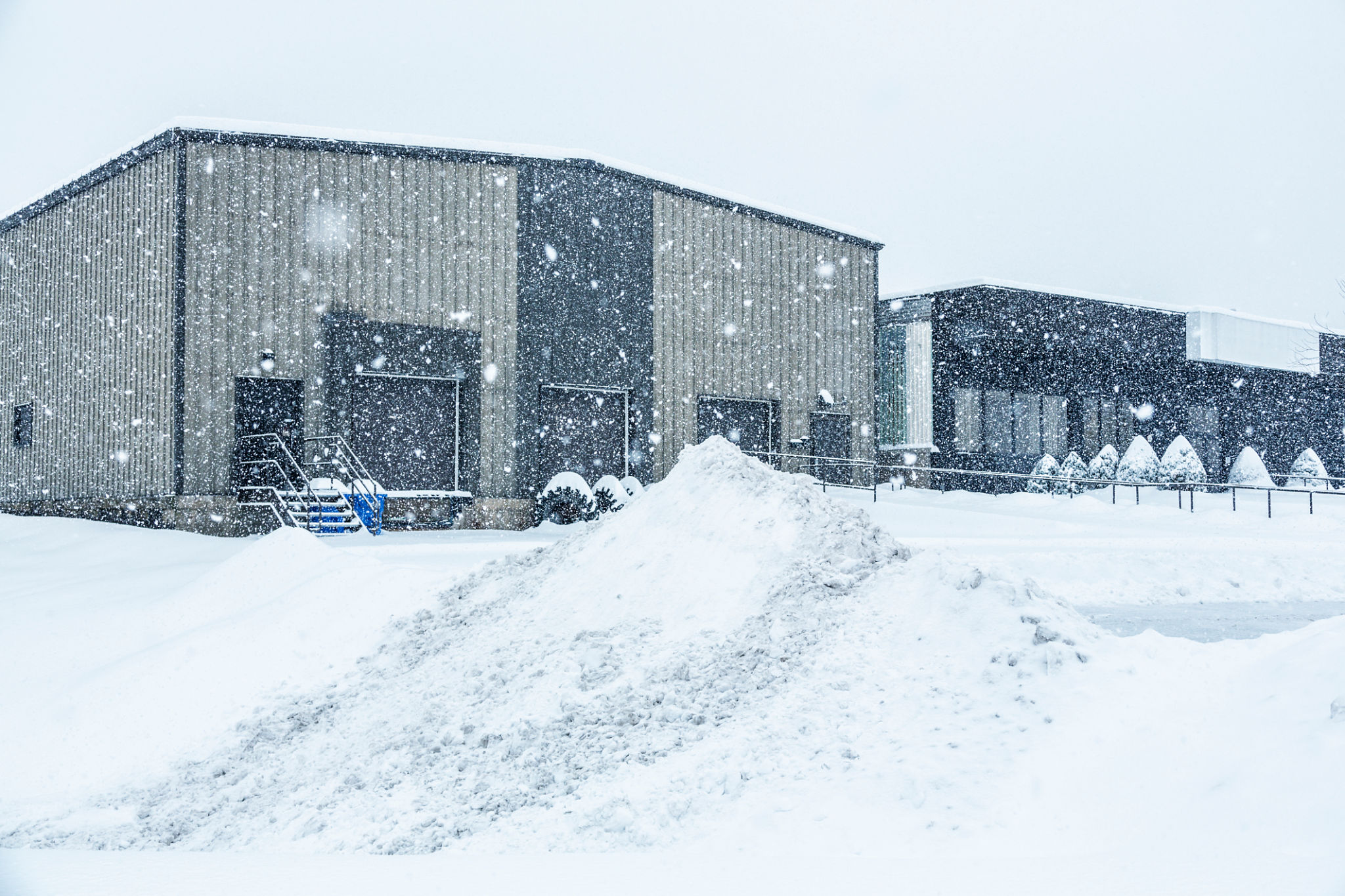Winter Shipping Logistics in Massachusetts: How to Prepare Effectively
Understanding the Challenges of Winter Shipping
Winter in Massachusetts presents unique challenges for shipping logistics. Snowstorms, icy roads, and freezing temperatures can disrupt schedules and impact delivery times. Understanding these challenges is the first step in preparing effectively for the winter season.
Companies must anticipate potential delays and develop contingency plans to ensure that shipments reach their destinations on time. This includes monitoring weather forecasts and having backup routes in place. Additionally, businesses should communicate with customers about potential delays to manage expectations.

Preparing Your Fleet for Winter Conditions
Ensuring that your fleet is ready for winter conditions is crucial. Regular maintenance checks are essential, focusing on tire tread, brakes, and heating systems. It's important to equip vehicles with snow tires and chains, as needed, to handle snowy and icy roads.
Drivers should also be trained on safe driving practices in winter weather. This includes understanding how to manage skids and maintaining a safe distance from other vehicles. By investing in proper training, companies can reduce the risk of accidents and ensure the safety of their drivers.
Emergency Kits and Supplies
Each vehicle should be equipped with an emergency kit containing items such as blankets, food, water, flashlights, and first aid supplies. These kits can be lifesaving if a driver becomes stranded during a storm. Additionally, having extra fuel on hand can help prevent delays caused by unexpected detours or traffic jams.

Optimizing Warehouse Operations
Warehouse operations can also be affected by winter weather. To maintain efficiency, it's important to ensure that facilities are well-insulated and heated. This helps protect goods from freezing temperatures and maintains a comfortable environment for workers.
Implementing efficient inventory management systems can help businesses keep track of stock levels and streamline the order fulfillment process. By using real-time data, companies can better anticipate demand fluctuations during the winter months.
Managing Staff During Winter Weather
Employee safety is paramount during winter. Companies should have clear policies in place regarding inclement weather, including guidelines for when it is safe for employees to travel to work. Remote work options should be considered when possible to minimize risk.

Leveraging Technology for Better Planning
Technology plays a vital role in winter shipping logistics. GPS tracking systems can help monitor vehicle locations and provide real-time updates on delivery statuses. Weather apps and online platforms can also assist in planning routes around severe weather conditions.
By leveraging technology, businesses can enhance communication between drivers, dispatchers, and customers. This ensures that everyone is informed about potential delays or changes in delivery schedules.
Building Strong Partnerships
Forming strong partnerships with reliable carriers and logistics providers is essential for successful winter shipping. Collaborating with partners who have experience navigating winter conditions can help ensure that shipments are delivered safely and on time.
In conclusion, preparing effectively for winter shipping logistics in Massachusetts requires a combination of strategic planning, technology integration, and proactive communication. By taking these steps, businesses can minimize disruptions and maintain efficient operations throughout the winter season.